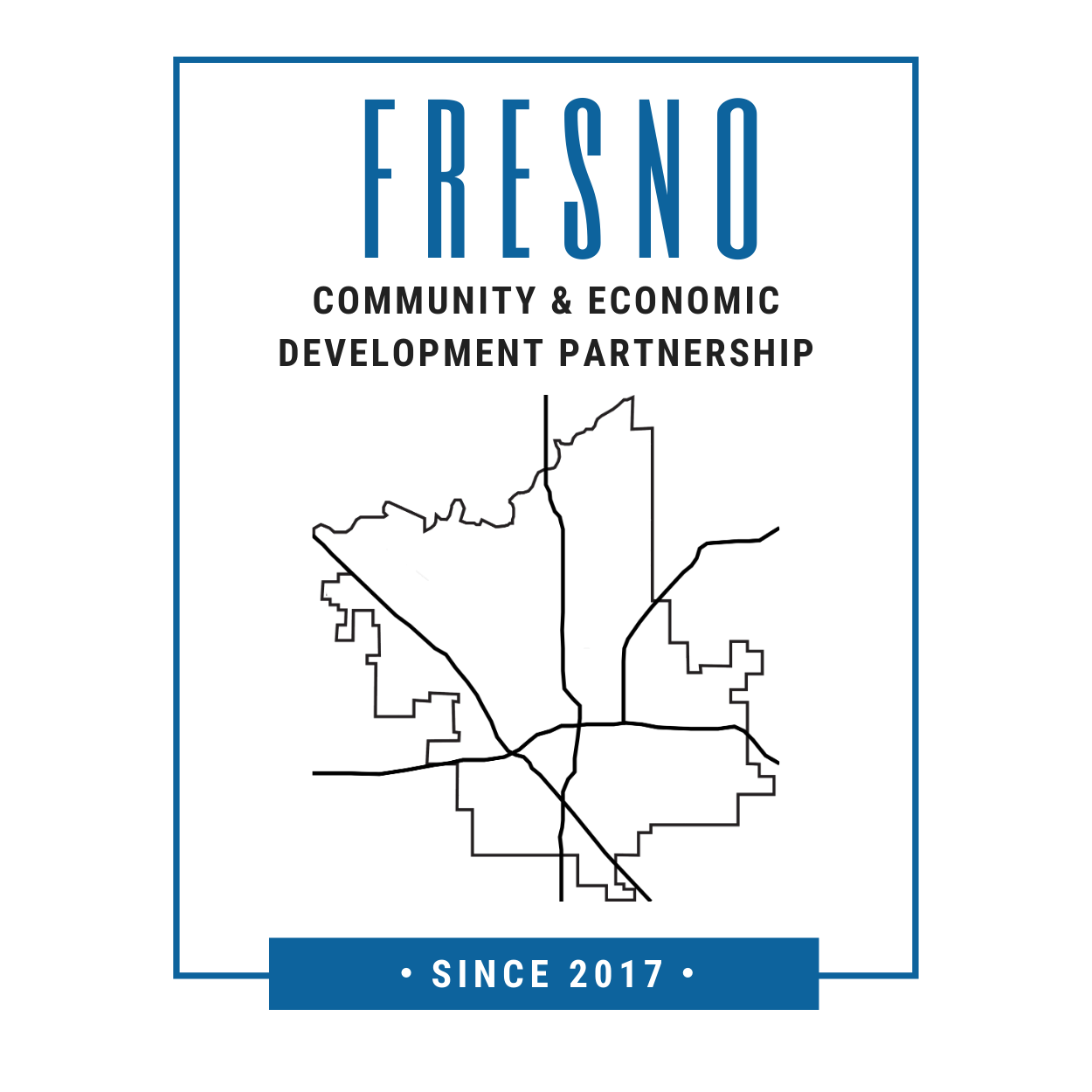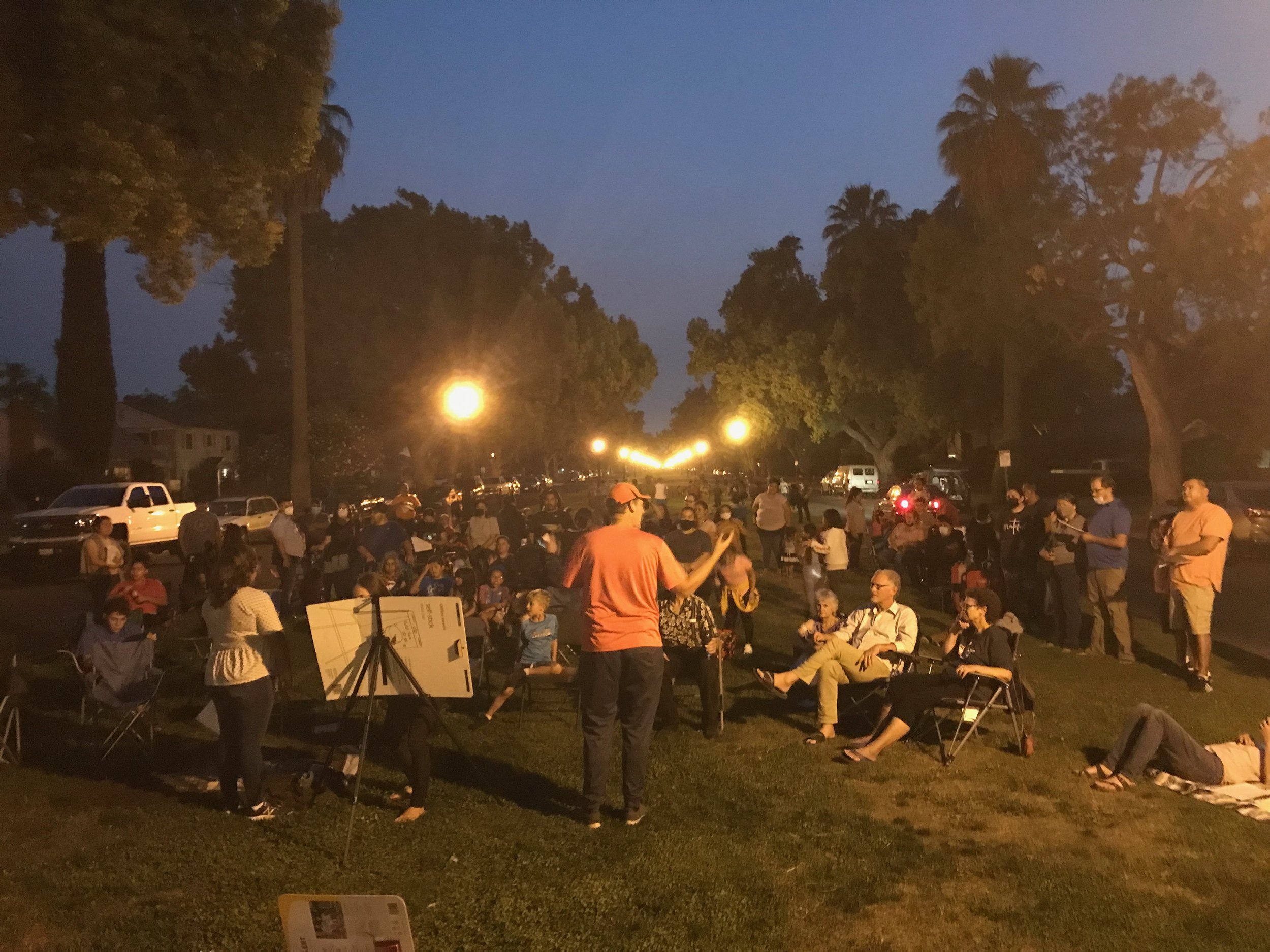
COMMUNITY together
MISSION
Fresno CEDP focuses on connecting and helping to build the capacities of resident-driven neighborhoods and community organizations and the overall civic infrastructure needed in Fresno.
Together creating better communities in Fresno
The Fresno CEDP was formed in 2017 by 7 individual 501c3 community-based organizations with a desire to build each other’s capacity to serve Fresno, CA. We are committed to helping each other grow both organizationally and programmatically.
The Partnership has since grown to 16 members as we have discovered other groups who are focused on both community and economic development in various geographic areas of Fresno, CA.
Anchored by an Asset Based Community Development approach for developing new leadership and associations in our under-served neighborhoods, we see our fellow residents and local stakeholders as having the assets and abilities to organize to address their own felt needs in partnership with the other organizations and institutions in our community.
It’s the desire of the Fresno CEDP to not only assist each other in our growth but to assist any new neighborhood groups that wish to become a Community or Economic Development Corporation. The Partnership has a vision of seeing all our diverse neighborhoods develop strong leaders and organizations that can network together to help influence the achievement of broad-based inclusive health and prosperity across our city. We hope to double the number of our member organizations in the next three years.
High-capacity community network
Like us, you have heard the data. We know Fresno has high concentrated poverty, racial and socio-economic inequities, urban decay and disinvestment, inadequate public facilities, services, transportation, and affordable housing, low job skills, and workforce readiness, need for entrepreneurship training and community lending, disparities in access to healthy foods and health care, and more. These problems and challenges are evidenced in ubiquitous public data, interdisciplinary published reports and studies, and through the practical relationships and real conditions reported by Fresno CEDP and other local CBOs working in underserved and disadvantaged neighborhoods across the Fresno urban area.
A high-capacity grassroots community network layer of activity and influence has been missing in our collective attempts to address the many challenges of Fresno. Institutions and market-based entities cannot do it alone.
Fresno CEDP is intent on creating and sustaining a new structural layer of leadership to solve the significant problems afflicting Fresno.
We are different than groups that demonize business and government – we work in partnership with our key institutional and business entities - who have not been able to solve our major problems on their own or without us – and we respectfully and factually hold ourselves and them accountable for authentic engagement in trying to solve our problems.
WHO WE SERVE
Fresno CEDP member organizations primarily serve neighborhoods in urban Fresno with median household incomes ranging from 32%-39% below poverty level. Over half identify as Hispanic/Latino, and just under 30% as non-Hispanic White, 9% as Asian/Pacific Islander, and 7% as African American. Resident participants in recent community health need assessments conducted by Fresno Metro Ministry and FCHIP in areas served by Fresno CEDP, report very low access to quality affordable health care, healthy food options, housing, family-supportive wage jobs, convenient public transportation, and other reasonable quality of life factors that would positively address health and economic opportunities.
We value place-based,
resident-led development
Neighborhoods connected to the Fresno CEDP work from within for greater impact in Fresno and beyond.
OUR FRAMEWORK
ASSET-BASED COMMUNITY DEVELOPMENT
Asset-Based Community Development (ABCD) is an approach to sustainable community-driven change. It insists that building and strengthening communities requires utilizing the current and potential assets of that community, rather than focusing on the needs and deficits. ABCD challenges traditional thought that assumes communities need to be fixed by outsiders. Instead, the approach considers local assets to be the primary building blocks for developing strong, sustainable communities. Residents often have the abilities and power to drive change themselves.


Progression of Community Engagement









